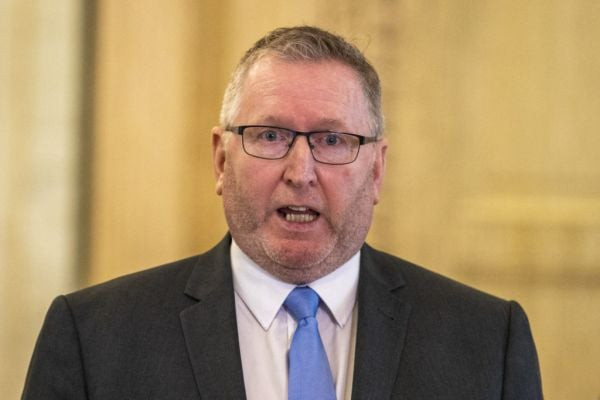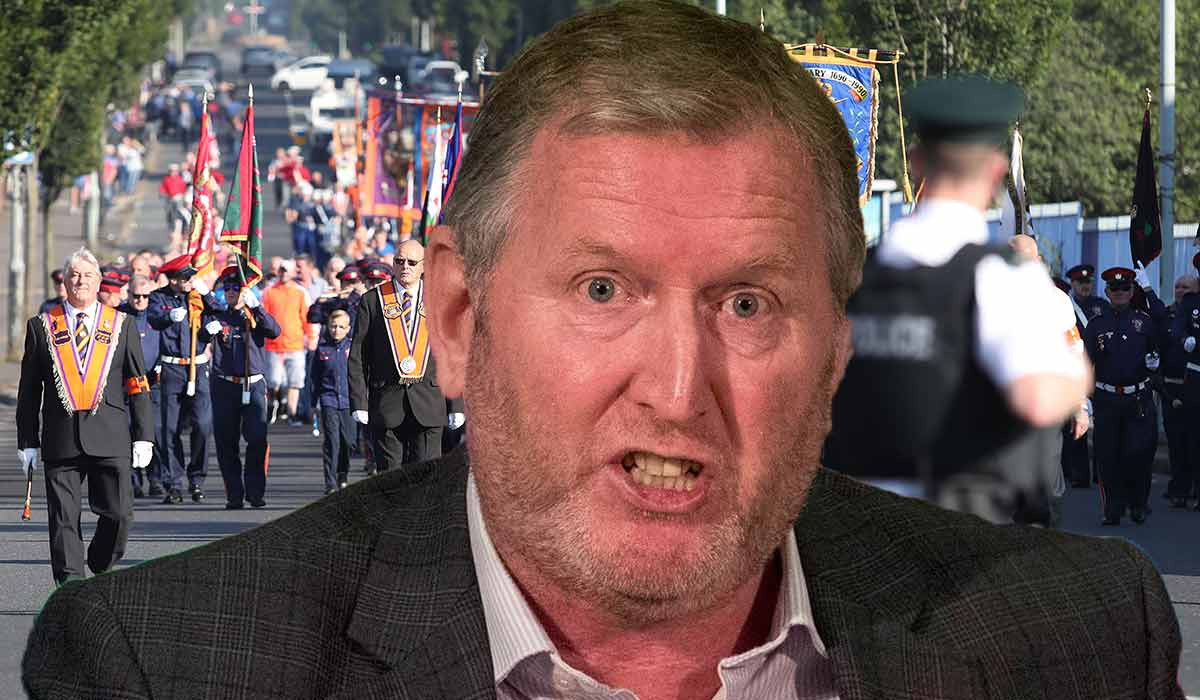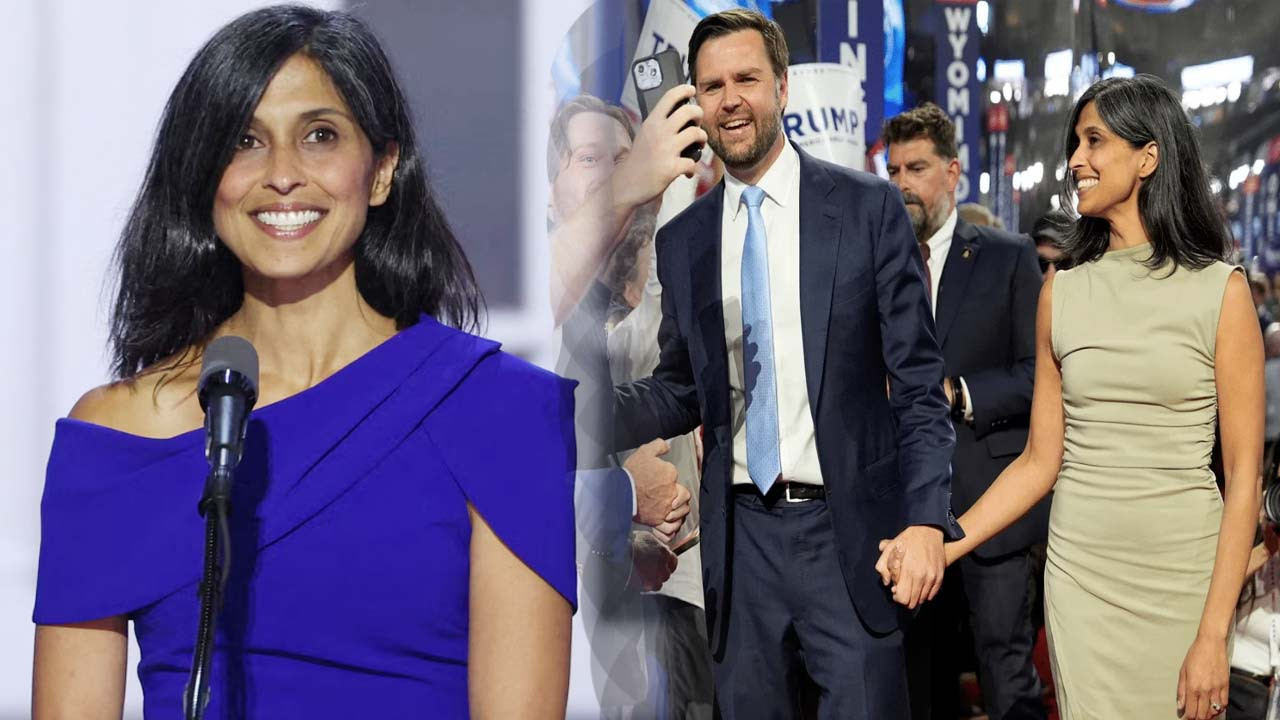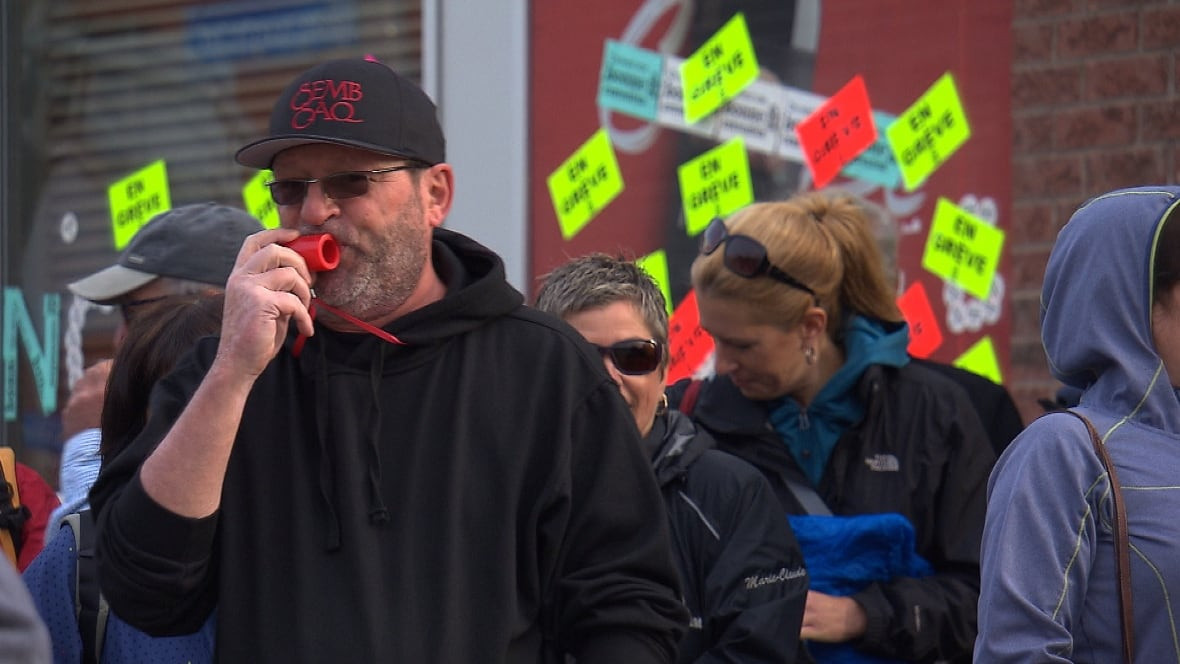Doug Beattie, a decorated army veteran, has resigned as the leader of the Ulster Unionist party (UUP) after clashing with party colleagues, causing a fresh jolt in Northern Ireland politics. In a surprise announcement on Monday, Beattie cited his inability to steer the party amid “irreconcilable differences” with party officers.
Beattie, who became leader in 2021, said he had support from UUP Stormont assembly members and elected and non-elected members but that others disagreed with his vision. “I hope they can see that in the long term only an inclusive Ulster Unionist party, promoting a positive message, can secure our future. I hope the new leader is given the freedom to act,” he said.
The announcement underlined splits within and between unionist parties that have allowed Sinn Féin to emerge as the biggest party and put scrutiny on Northern Ireland’s position in the UK.
Sir Jeffrey Donaldson quit as leader of the Democratic Unionist party (DUP) in April when he was charged with historic alleged sex offences. Under his successor, Gavin Robinson, the party lost three of its eight Westminster seats in July’s general election.
The UUP was the region’s dominant unionist party until it was overtaken by the DUP in 2003. A succession of leaders struggled to reverse the UUP’s electoral decline.
Beattie, who won a military cross as an army captain in Afghanistan, initially seemed on course to buck that trend by promising a liberal, tolerant brand of unionism that produced a “Beattie bounce” in opinion polls.
However, the party failed to capitalise on DUP disarray in assembly and local elections. Beattie won plaudits for engineering a Westminster seat – Robin Swann won South Antrim, giving the party its first MP since 2017 – but critics said it was not enough and that the party was adrift.
What are the irreconcilable differences?
Factions in the party resisted Beattie’s push for more liberal positions on social issues. He also struggled to recruit more women and new faces to key roles.
Beattie’s statement acknowledged that gaining an MP, plus a member elevated to the House of Lords, was insufficient. “These are small successes on the back of a difficult electoral results with a lot of work still to do, particularly in border constituencies,” he said.
Hilary Benn, the Northern Ireland secretary, thanked Beattie for his leadership. “It is clear that he has always sought to act in Northern Ireland’s best interests and I know he will continue to do so,” Benn said.
Ireland’s former foreign minister Simon Coveney also paid tribute, saying: “I always found Doug to be fair, tough when needed, reasonable and positive.”
The UUP’s Next Leader
Nominations have opened for the next leader of the Ulster Unionist Party.
Party officers met virtually on Tuesday morning to agree the process to replace outgoing leader Doug Beattie, who announced his resignation on Monday.
It is understood party officers met and agreed a timetable earlier and nominations will close next Friday at 16:30 BST.
The Candidates
Among those who could replace Doug Beattie is former leader and current Health Minister Mike Nesbitt.
Deputy Leader Robbie Butler and East Antrim MLA John Stewart have also been mentioned by some party sources as possible contenders.
The UUP has not had a contest for the leadership since 2012, when Mr Nesbitt beat John McCallister for it. Since then, subsequent leaders have been selected by the party unopposed.
The UUP’s Future
The party has 10 party officers, some of whom are elected by the party while others were appointed by Mr Beattie when he became leader. It is believed only two of them had supported Mr Beattie, prior to his decision to step down as leader.
One senior UUP source told BBC News NI that some party members and elected representatives were “absolutely furious at the party officers for the way they have handled this entire situation”. “They have acted recklessly without any consideration of what comes next.”
The UUP’s future is now uncertain. The party has been in decline for years, and the resignation of its leader is unlikely to help its cause. It remains to be seen whether the party can find a new leader who can unite the party and reverse its fortunes.
The UUP: A Loose Confederation Of Warring Tribes?
The years have diminished the party in many ways, but the description still stands. Just witness the demise of Doug Beattie as the latest to try – and fail – to return the party to former glories.
He breezed in promising a vision of “A Union of People”. He couldn’t even manage a union of his own party, which – though we don’t hear as much about the schisms as we did in the UUP of old – they clearly still exist.
The Next Leader
It looks like a hopeless task.
For example, if it is the current deputy leader, Robbie Butler, the first question will be “Didn’t you try to leave politics to become the children’s commissioner within the past two years?”, a story revealed by BBC NI.
It could even be former leader Mike Nesbitt, back for another go. However, compared to trying to lead the Ulster Unionist Party the poison chalice of health minister must seem much more attractive.
The new leader will face a difficult task. The UUP is a divided party, and the next leader will need to find a way to unite the party and move it forward. The party has been in decline for years, and it remains to be seen whether it can find a new leader who can reverse its fortunes.
The Ulster Unionist Party (UUP) is at a crossroads. The resignation of its leader, Doug Beattie, has left the party in a state of flux. It remains to be seen whether the party can find a new leader who can unite the party and move it forward.


















